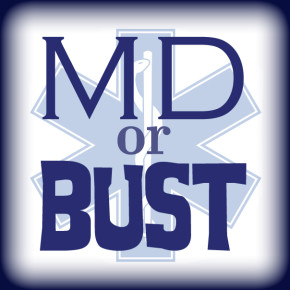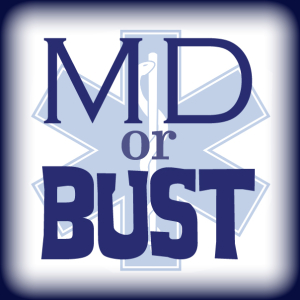 Mr. Lacey was irate, to say the least, as he rattled off a list of his symptoms.
Mr. Lacey was irate, to say the least, as he rattled off a list of his symptoms.
Constant pain. Nausea. Dizziness. Numbness. Weakness. Fatigue bordering on exhaustion. He said he had been spending most of the day in bed and had become dependent on his wife and children for basic daily tasks.
“I’m serious, Doc. I’ve just about had enough of this. I’ve been looking into Hemlock Societies.” The interview screeched to a halt, and the attending leaned forward.
“Hemlock Societies? What do you mean?”
During medical school interviews, I had a carefully rehearsed answer for the euthanasia question. “It’s certainly a complicated issue, and I can understand perspectives on either side. However, it’s been demonstrated that patients who express a desire for physician-assisted suicide often suffer from depression. It’s important to determine if that is the case and, if so, if it can be treated.” It was a self-serving answer — nuanced and inoffensive — and it allowed me to sidestep an issue about which I was deeply conflicted.
The harsh reality of Mr. Lacey’s experience stripped my script of its diplomatic veneer, making it seem callous and indifferent by comparison. However, it was my initial reaction that made me most uneasy. I couldn’t help feeling that he had a point.
My mother has spent much of her career caring for geriatric patients. Her frequent stories about lives that were prolonged far beyond the point of indignity left a deep impression that has made me skeptical of medical care — an attitude that is deeply ironic given my current career path.
The contradiction between the principle of “first, do no harm” and the reality of medical practice has been studied exhaustively. Despite our common oath, we do an awful lot of damage to our patients. Medical errors, for instance, claim the lives of almost 100,000 patients annually in the United States according to a now infamous IOM report. It’s widely thought that hospitals are more dangerous in July, when medical school students graduate to a longer white coat, a period the British refer to as the “killing season.” And while most Americans say they prefer to die at home, many of us die in hospitals and nursing homes instead.
Just recently, in the Washington Post, a physician recounted the words of a retired nurse, who wrote, “‘I’m so glad I don’t have to hurt old people anymore.’” The medical world is often noble and humanistic, but it also has a dark side that we all have to contend with.
In the exam room, our attending proceeded to talk Mr. Lacey down, explaining that, with treatment, his prognosis was actually quite promising and that she could help better manage the side effects of his chemotherapy.
Mr. Lacey cut the interview short with a grunt and a nod and began heading out of the exam room. “Bathroom…again,” he grumbled under his breath before walking briskly, alone, to the check-out desk.
Mrs. Lacey slung her handbag over her shoulder and walked to the door. “He’s just so frustrated with this whole thing.”
I can’t say I blame him.
Author’s notes:
1. This is certainly a more complicated issue than I am giving credit here, and it underscores the importance of advance directives, hospice and palliative medicine, and general end-of-life planning.
2. Hemlock Societies exist purely as an information and advocacy resource; they do not provide euthanasia. Hemlock Societies are the remnants of a much larger right-to-die organization that has since become “Compassion & Choices.” Neither the national organization nor the surviving chapters provide euthanasia; rather, they provide information about end-of-life planning and engage in political advocacy.
3. All names changed to protect patient privacy.
Numerous studies have documented that medical students lose empathy during clinical years, becoming jaded and pessimistic. This has been linked not only to diminished enjoyment of our work, but also to worse patient outcomes. My goal is to sustain the humanistic values that drive so many of us to medicine, so that, instead of being quelled by cynicism, our idealism can be refined by wisdom.






